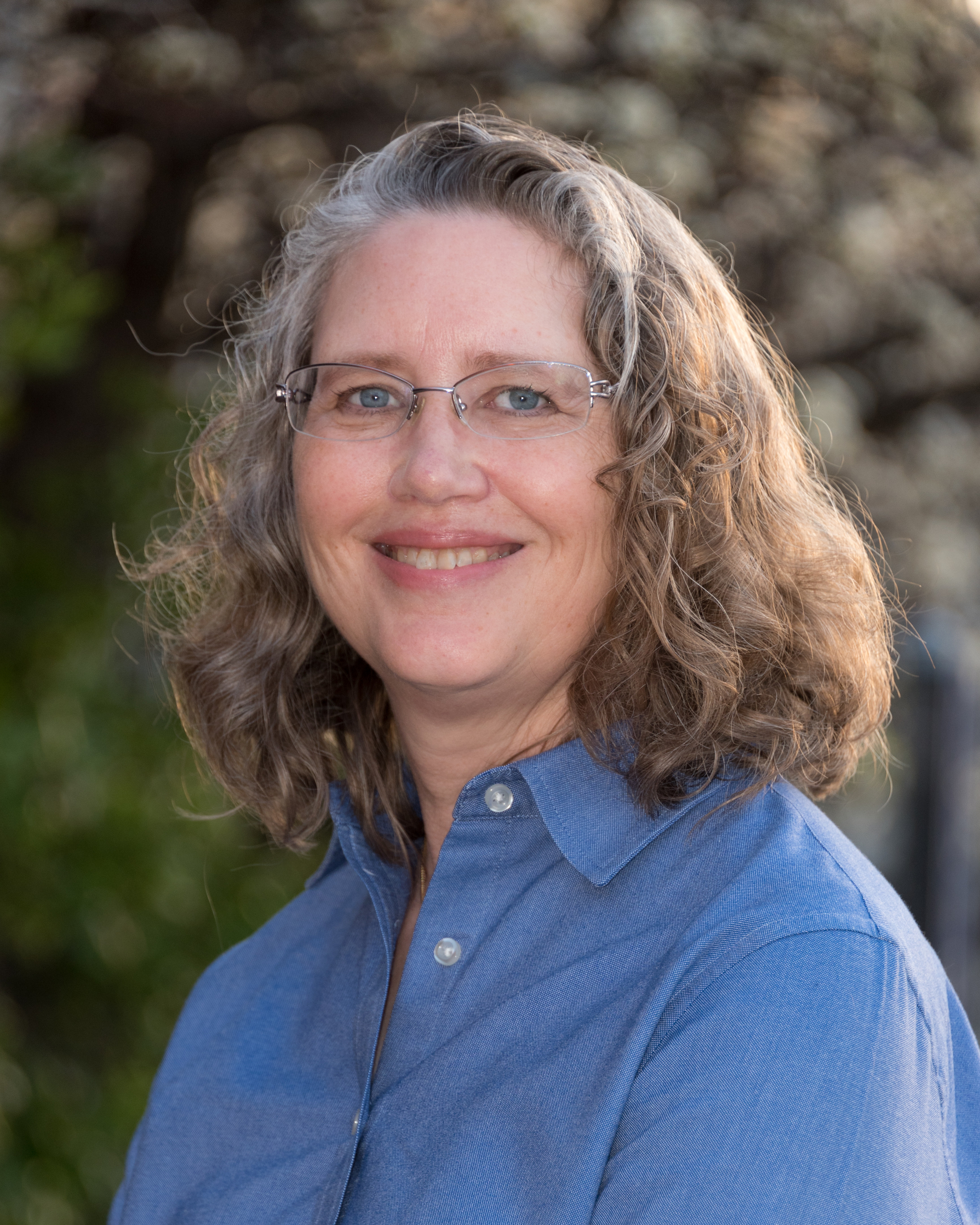In a URJ chat group in which I’m a member, someone recently asked how other synagogues decide who will get honors such as aliyot, and holding or reading from the Torah during High Holy Day services. The answer to this can be a big deal, since these are the services which the most congregants (and, depending on the synagogue, even the most non-congregants) attend, so who gets the honors is very visible. It also can say a lot about the culture of the synagogue.
From the responses, it sounds like the decision is usually made by a joint group of clergy, staff, and lay leaders, which makes a lot of sense. However, who gets the honors does vary.
A number of people answered that the honors are given to people who are on the board of directors, the chair of a committee, or in another such leadership position.
I noted that, in our synagogue, such honors are almost never given to board members or committee chairs. Rather, they are often given to people we are trying to raise up in the congregation, and they are regularly used to recognize people who have overcome a large challenge in the previous year.
In the past, I have seen honors given to a person who had been in a near-fatal bicycle accident and a person who had survived a heart transplant. One year, all the non-Jews in the congregation, who support and love Jewish congregants, were honored.
One of the people who responded to the question said their past presidents always get an honor, and the rest goes to, “officers, trustees, committee members and overall those that are deserving.”
I responded, “I find it interesting that you would consider officers, trustees, chairs, etc., as ‘deserving,’ implying that those who are not leaders in the congregation are not ‘deserving.’”
If I were a member of that congregation, I would be put off by their practice. To me, it would look like those who are part of the “in crowd” get all the honors, and those who aren’t in leadership positions are seen as not worthy, not “deserving” of any honors. I believe this kind of value judgement about who is “deserving” would push people away, not draw people in.
We are all created b’tzelem elohim, in the image of God, and we are all deserving of honors. I understand most of us are members of congregations too large to hand out such honors to everyone every year. And I love tradition as much as the next person, so if there’s one person who always reads a certain Torah portion, for instance, that’s great. However, in general, the honors should be used as a way to draw people into the life of the congregation, not as a “reward” to who have already become immersed in it. Those who are deeply involved in the synagogue are generally doing ao because it is its own reward, anyway.
There is also something particularly poignant, as we get ready to recite the prayers about how God is about to decide who shall live through the coming year and who shall die, to share a special moment with a person whose life was at risk in the past year, and who nevertheless made it through to this moment. Did God not write their name into the Book of Life until the last moment a year ago? Did some prayer they said, some apology they made to a friend or relative, some time studying Torah before the close of the holidays make the ultimate difference?
Unfortunately, the person I was responding to was offended, saying their congregation’s officers and chairs “work their butt’s [sic] off all year with basically no recognition during that time.” I’m sure they do work hard, as ours do as well, and as I’m sure board members and committee chairs at all synagogues do. And I’m sure there are lots of ways we can thank them for their service, without using the High Holy Day honors as a reward while making the rest of the congregants feel left out.
As I said, how these honors are handed out can say a lot about the culture of a synagogue. And how people react to a suggestion about whether they may want to rethink their policy can say a lot, too.
—————-
“Like” the “>follow me on Twitter.























 More news and opinions than at a Shabbat dinner, right in your inbox.
More news and opinions than at a Shabbat dinner, right in your inbox.